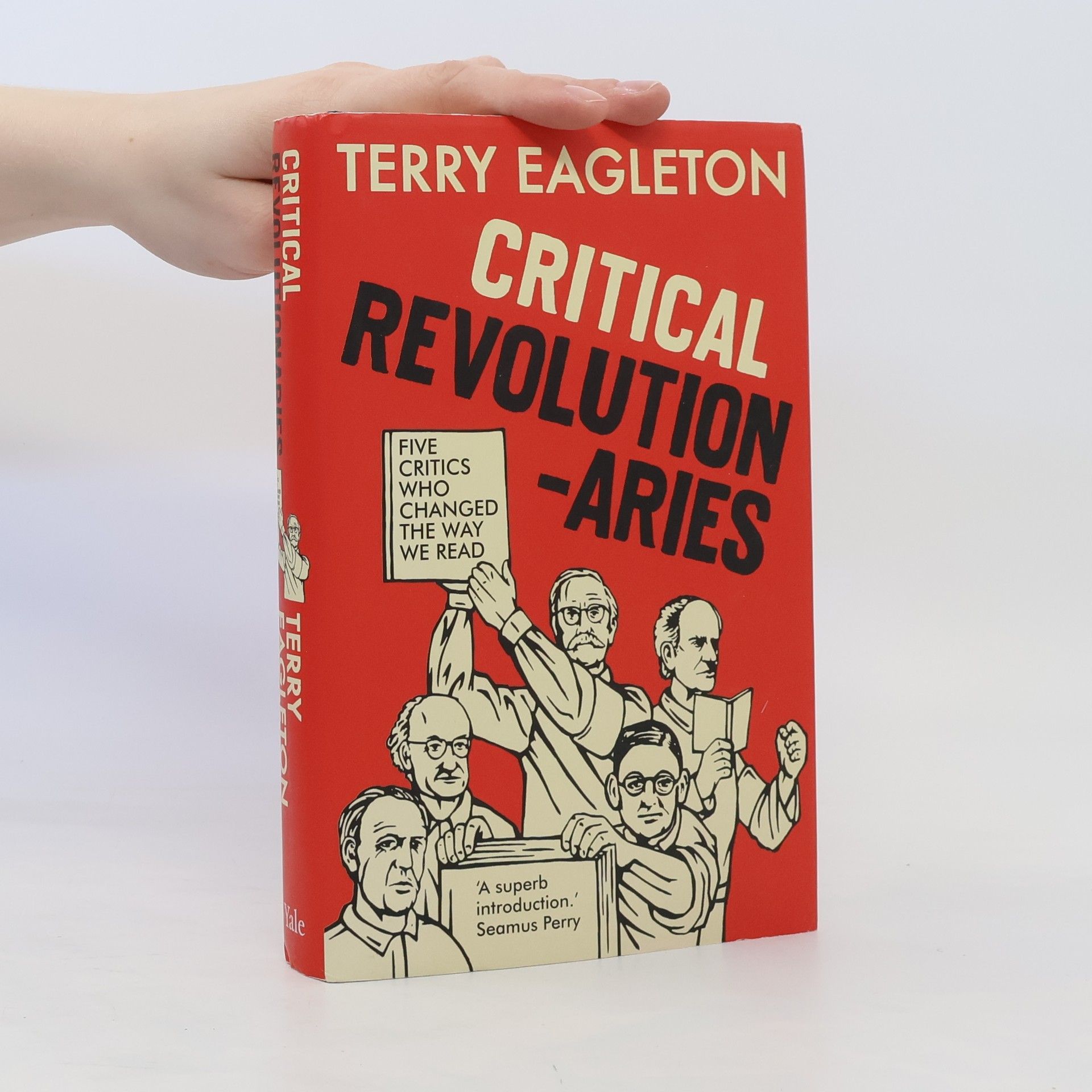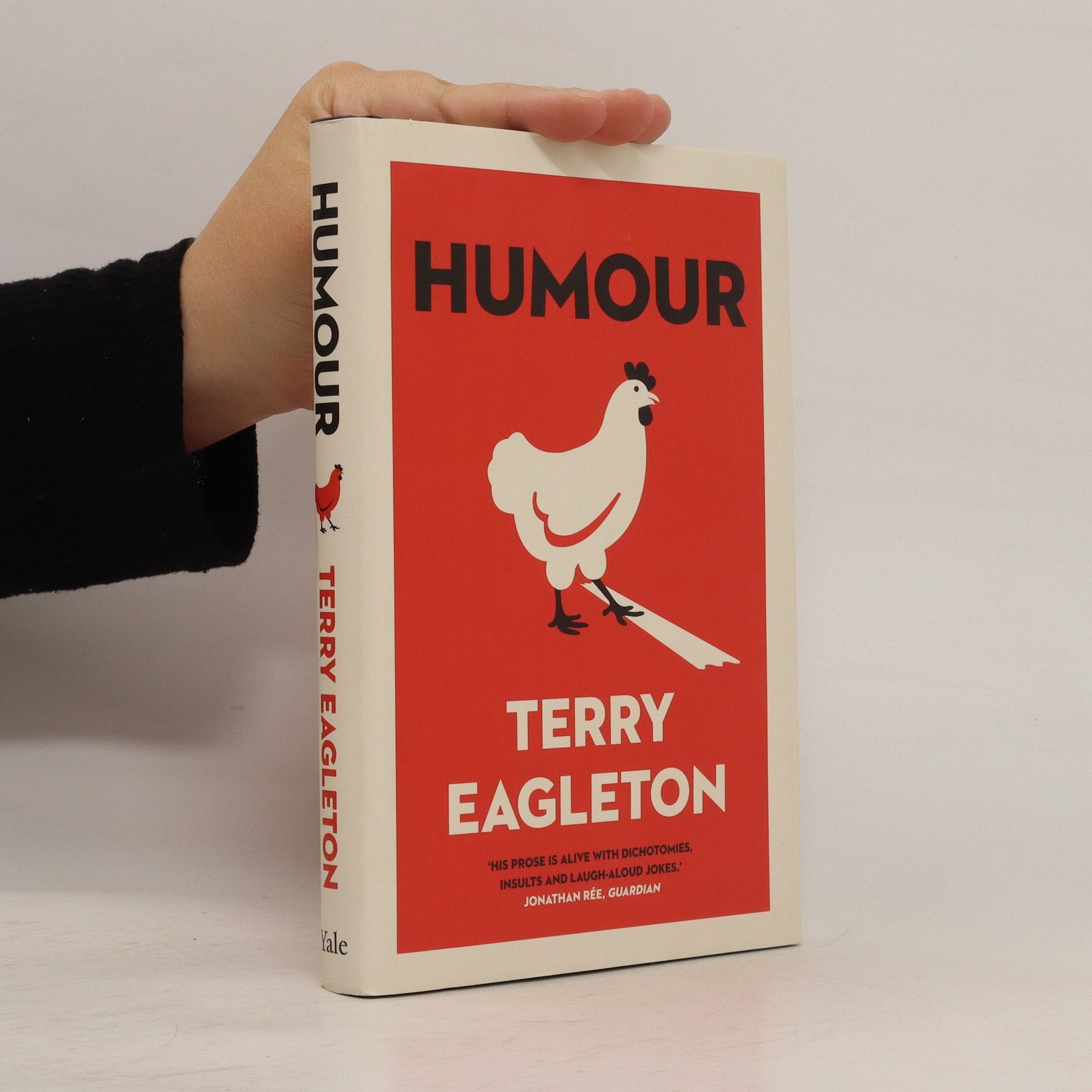Exploring the ideas of a pivotal twentieth-century thinker, this classic study delves into the profound impact of socialism on modern thought. The author, a renowned socialist critic, examines the intellectual legacy and contributions of this influential figure, highlighting key themes and concepts that shaped political discourse. Through insightful analysis, the book reveals the complexities of the thinker's philosophy and its relevance to contemporary issues, making it a vital read for those interested in political theory and social critique.
Terry Eagleton Book order (chronological)
Terry Eagleton is widely recognized as Britain's most influential living literary critic and theorist. His extensive body of work delves deeply into the relationship between literature, ideology, and aesthetics, often through a Marxist lens. Eagleton meticulously examines how literary texts are shaped by social and political forces, and in turn, how these texts influence our understanding of the world. His approach is noted for its intellectual rigor, yet remains accessible, making him a pivotal figure in contemporary literary theory.

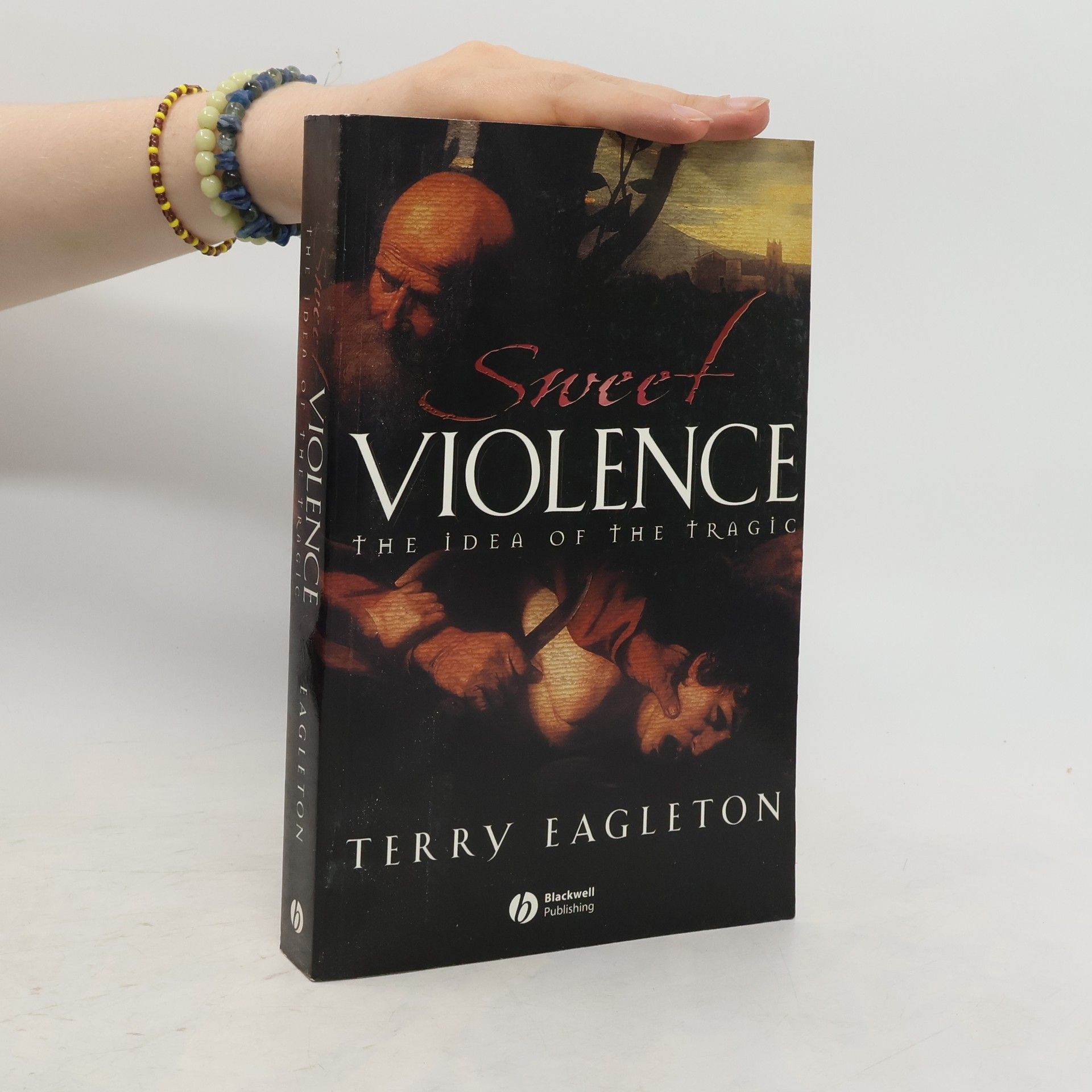
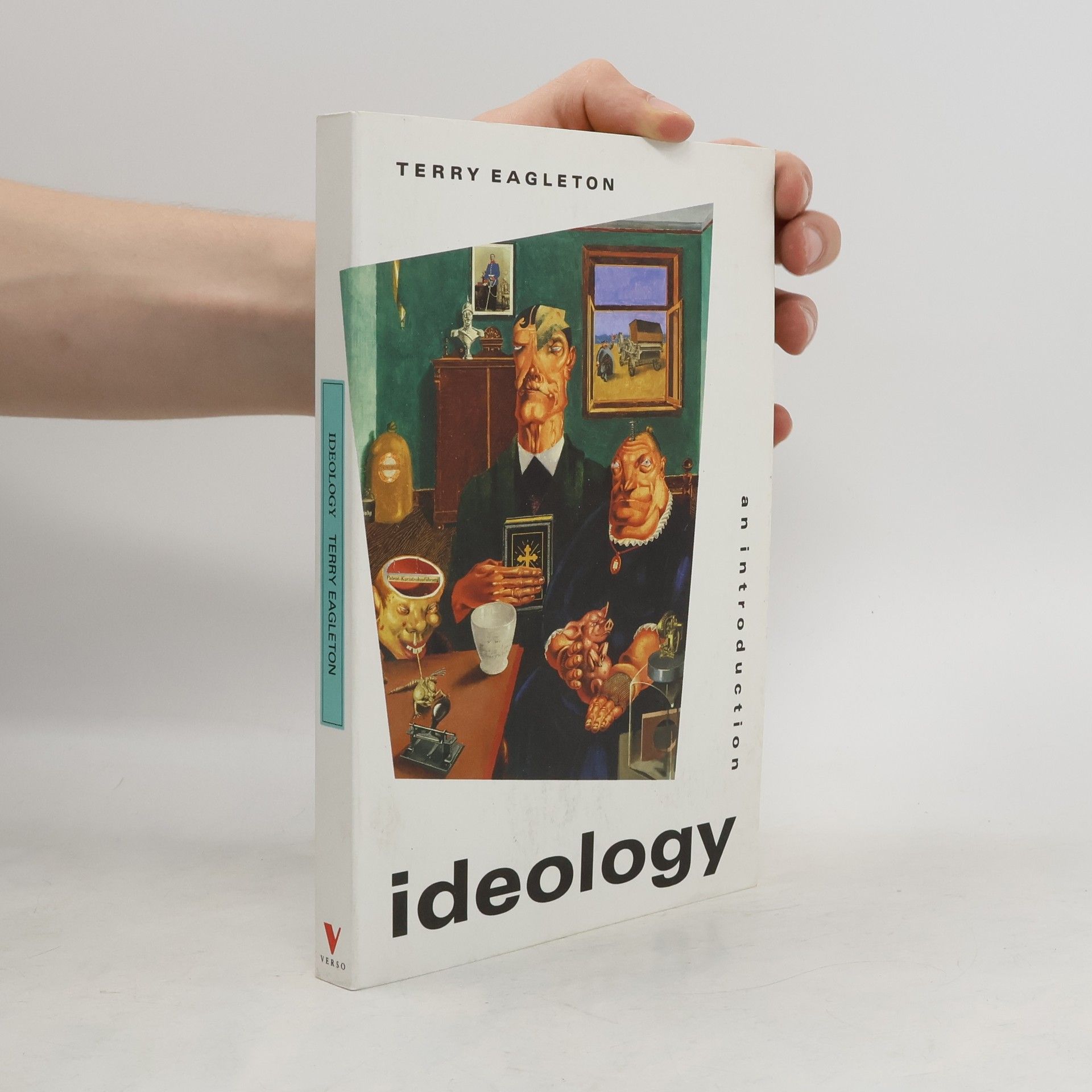
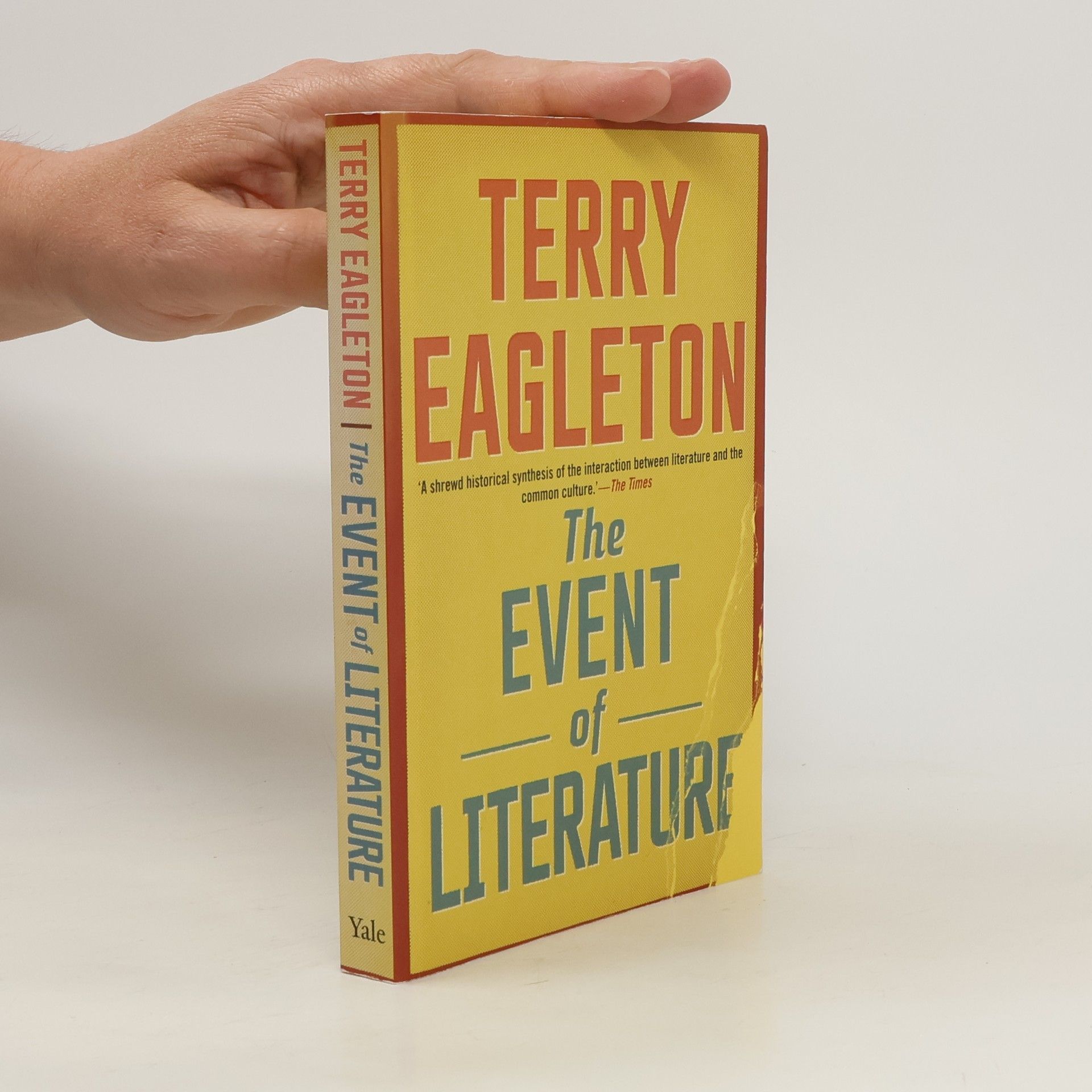
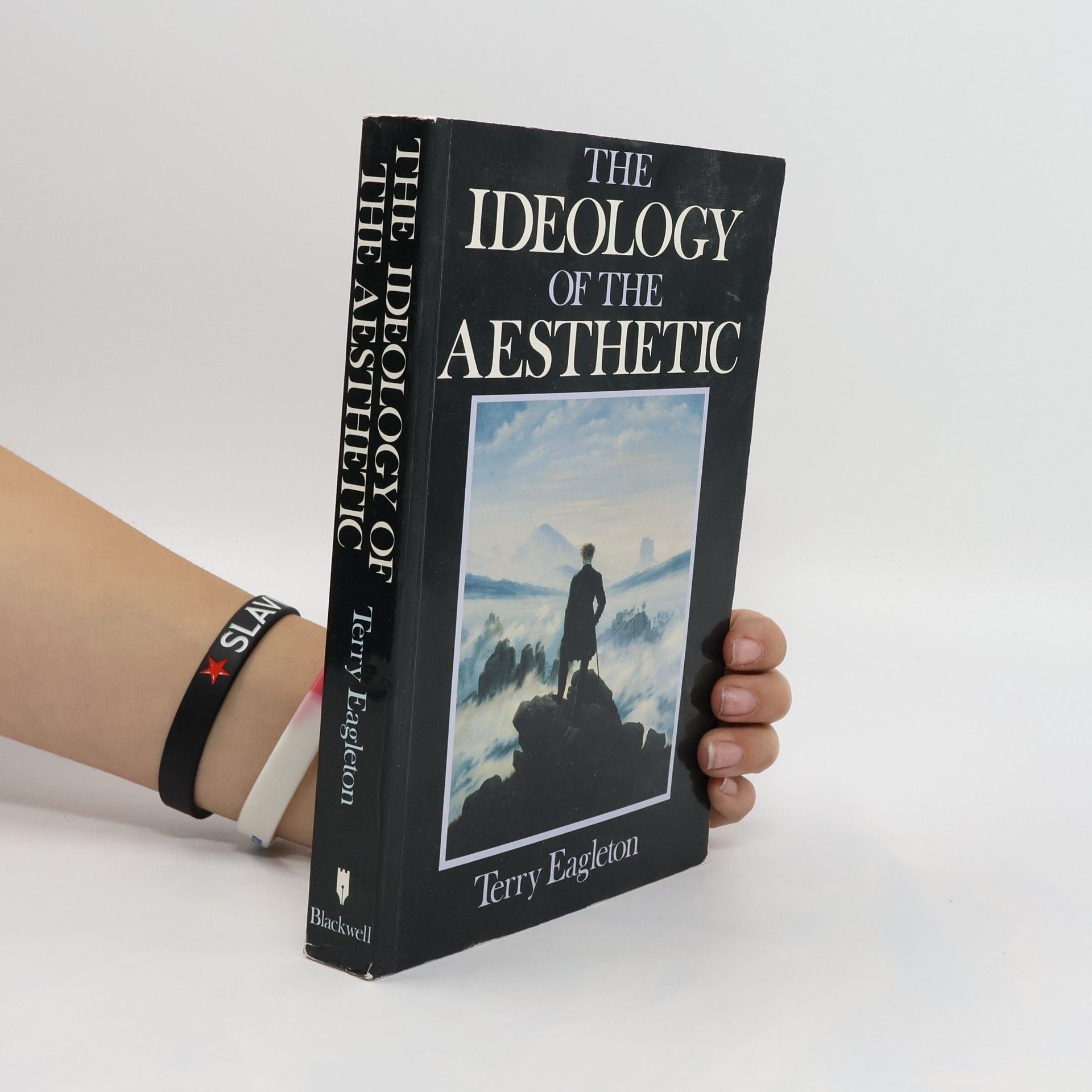

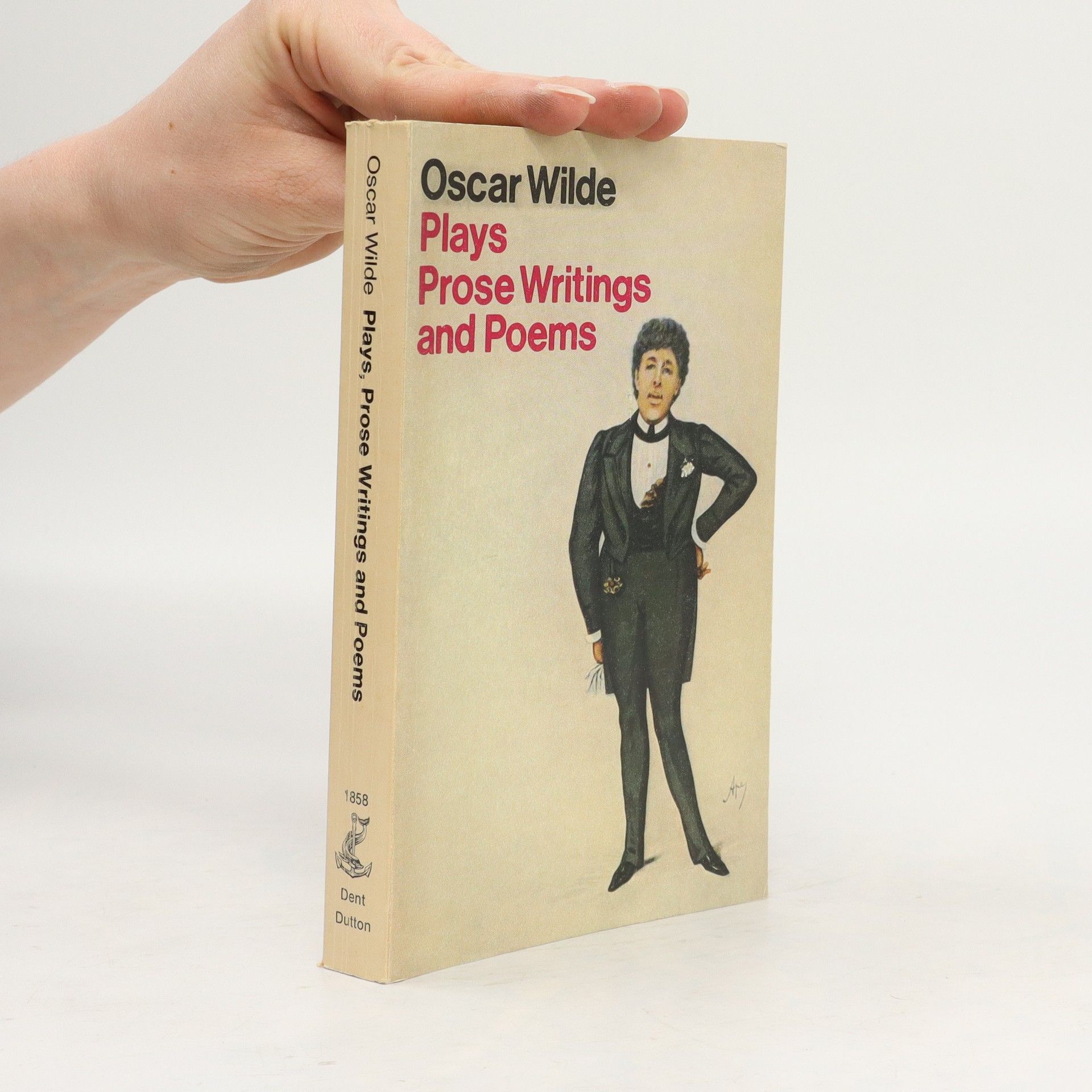
Interpretacyjna przenikliwość przeplata się w tej książce z zachętą do podjęcia ćwiczenia z ponownego nazywania. Na początku XX wieku Irlandczycy podobnie jak wiele innych narodów stanęli przed wyzwaniem zredefiniowania własnej tożsamości i znalezienia dla niej form wyrazu. Terry Eagleton, Fredric Jameson i Edward W. Said obierają to zagadnienie za centralny temat swoich rozważań, a doświadczenie irlandzkie jawi im się jako historia kolonialna, nie tracąc przy tym osobnego rysu. Kolonializm jest procesem wywłaszczania, stopniowym wykorzenianiem narodu z jego własnej kultury i języka. Dlatego wielkim zadaniem irlandzkiego modernizmu było nie tyle dawanie gotowych tożsamościowych wzorców, ile poszukiwanie tego, co utracone. Paradoksalnie jednak, gdy odkrywamy i nazywamy owo nieokreślone doświadczenie, wymyka się ono na zawsze. Z próby pogodzenia tej sprzeczności zrodziła się literatura nowoczesna, w tym powieści Jamesa Joycea czy poezja Williama Butlera Yeatsa.
A clear-sighted and entertaining defence of literary realism, and an account of its key practitioners Realist fiction is one of the most enduring artforms history has ever witnessed. By describing the intricate inner life of its characters, or widening its focus to set their experience in context, it can evoke the reader's sympathies as few other forms can. Yet it is also by and large a product of the middle classes: boldly individualist and fascinated by money, property, marriage, and inheritance. Can such realism survive in the postmodern age? Acclaimed critic Terry Eagleton explores realism's complex history, practice, and politics. Spanning several centuries, and including writers such as George Eliot, D. H. Lawrence, and Iris Murdoch, Eagleton offers a witty, entertaining defence of a form which offers both panoramic scope and individual nuance in an increasingly fragmented world.
Terry Eagleton looks back across sixty years to an extraordinary critical milieu that transformed the study of literature
For Marx, freedom entailed release from commercial labour - 'we are free when, like artists, we produce without the goad of physical necessity.' In this highly engaging account, Eagleton outlines the relationship between production, labour and ownership which lie at the core of Marx's thinking. Marx's utopia was a place in which labour is increasingly automated, emancipating the wealth of sensuous individual development so that 'savouring a peach [is an aspect] of our self-actualisation as much as building dams or churning out coat-hangers'. Combing extracts from Marx's revolutionary philosophy, along with insightful analysis, this is the perfect guide to one of the world's greatest thinkers.
Tragedy
- 216 pages
- 8 hours of reading
A new account of tragedy and its fundamental position in Western culture
Opfer
Selbsthingabe und Befreiung
Radical Sacrifice
- 216 pages
- 8 hours of reading
A trenchant analysis of sacrifice as the foundation of the modern, as well as the ancient, social order
Humour
- 224 pages
- 8 hours of reading
A compelling guide to the fundamental place of humour and comedy within Western culture—by one of its greatest exponentsWritten by an acknowledged master of comedy, this study reflects on the nature of humour and the functions it serves. Why do we laugh? What are we to make of the sheer variety of laughter, from braying and cackling to sniggering and chortling? Is humour subversive, or can it defuse dissent? Can we define wit? Packed with illuminating ideas and a good many excellent jokes, the book critically examines various well-known theories of humour, including the idea that it springs from incongruity and the view that it reflects a mildly sadistic form of superiority to others. Drawing on a wide range of literary and philosophical sources, Terry Eagleton moves from Aristotle and Aquinas to Hobbes, Freud, and Bakhtin, looking in particular at the psychoanalytical mechanisms underlying humour and its social and political evolution over the centuries.
Materialismus
Die Welt erfassen und verändern
In seinem neuesten Werk setzt sich der bekannte britische Autor und Literaturwissenschaftler Terry Eagleton mit dem Verhältnis von Philosophie und Alltagserfahrung auseinander. Er bietet eine humanistische, für das praktische Zusammenleben der Menschen taugliche Variante des Denkens. Angesichts einer Gesellschaft, deren Mitglieder sich weitgehend als „materialistisch“ defi nieren und eines von emanzipatorischen Inhalten befreiten „New Materialism“ an den Universitäten hält Eagleton an einer „Politik der Materie“ fest, die für die Veränderung der Umstände eintritt. In einem Streifzug durch die Ideengeschichte des Materialismus, von Demokrit über Aristoteles bis hin zu Sigmund Freud, verteidigt der Autor die materialistische Gesinnung auch gegen aktuelle Trends der „Cultural Studies“ und postmoderner Strömungen.

